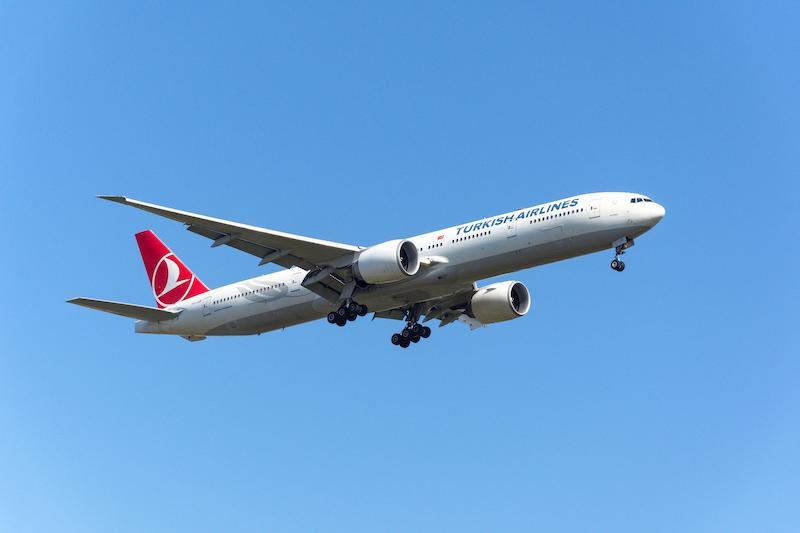
Credit: Greg Balfour Evans/Alamy Stock Photo
Turkish Airlines has touched down in Melbourne for the first time, marking its first destination in Australia. The service from Istanbul is expected to contribute more than A$132 million ($86 million) annually to the state of Victoria’s economy, creating an estimated 840-plus jobs in the aviation...
Subscription Required
This content requires a subscription to one of the Aviation Week Intelligence Network (AWIN) bundles.
Schedule a demo today to find out how you can access this content and similar content related to your area of the global aviation industry.
Already an AWIN subscriber? Login
Did you know? Aviation Week has won top honors multiple times in the Jesse H. Neal National Business Journalism Awards, the business-to-business media equivalent of the Pulitzer Prizes.





